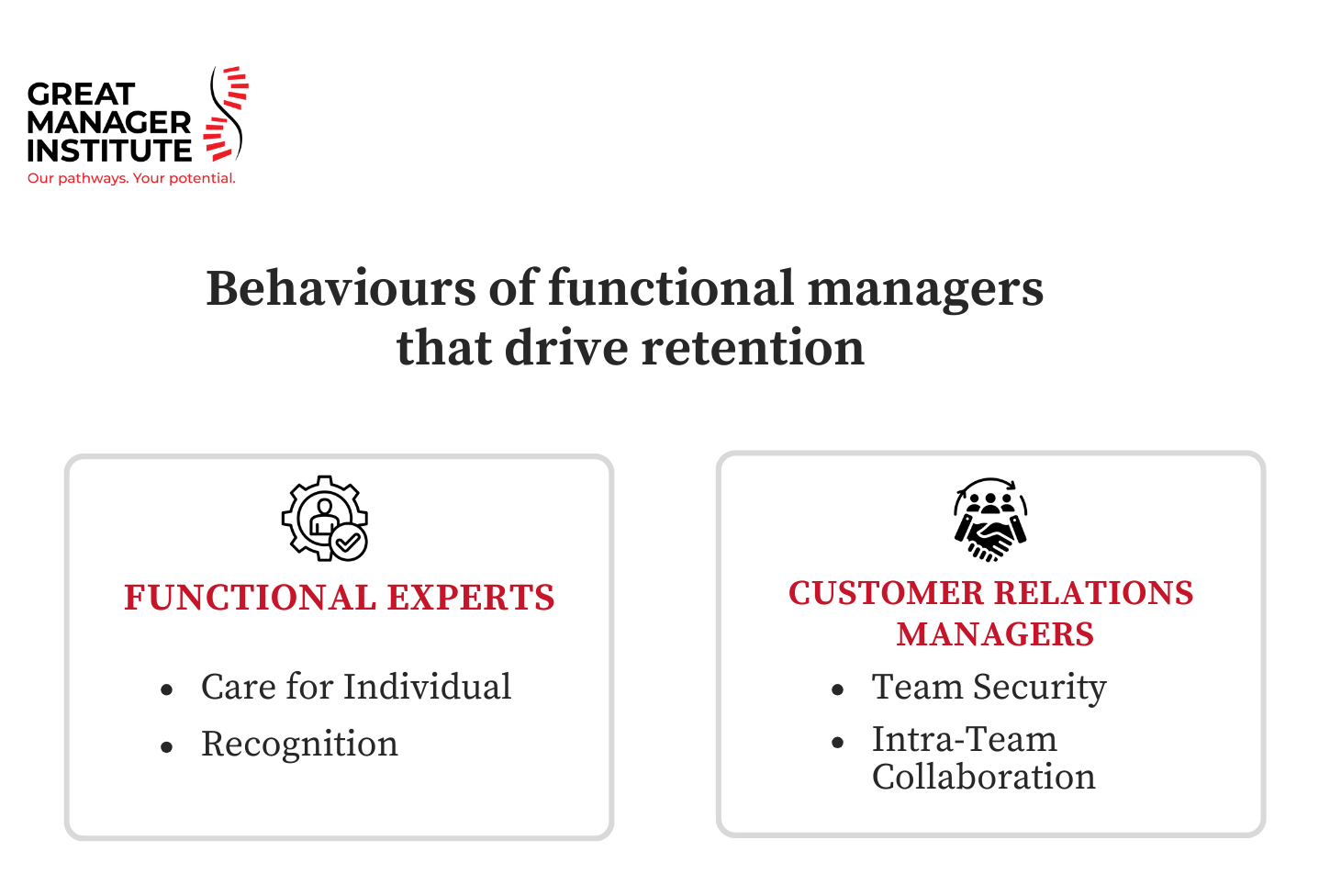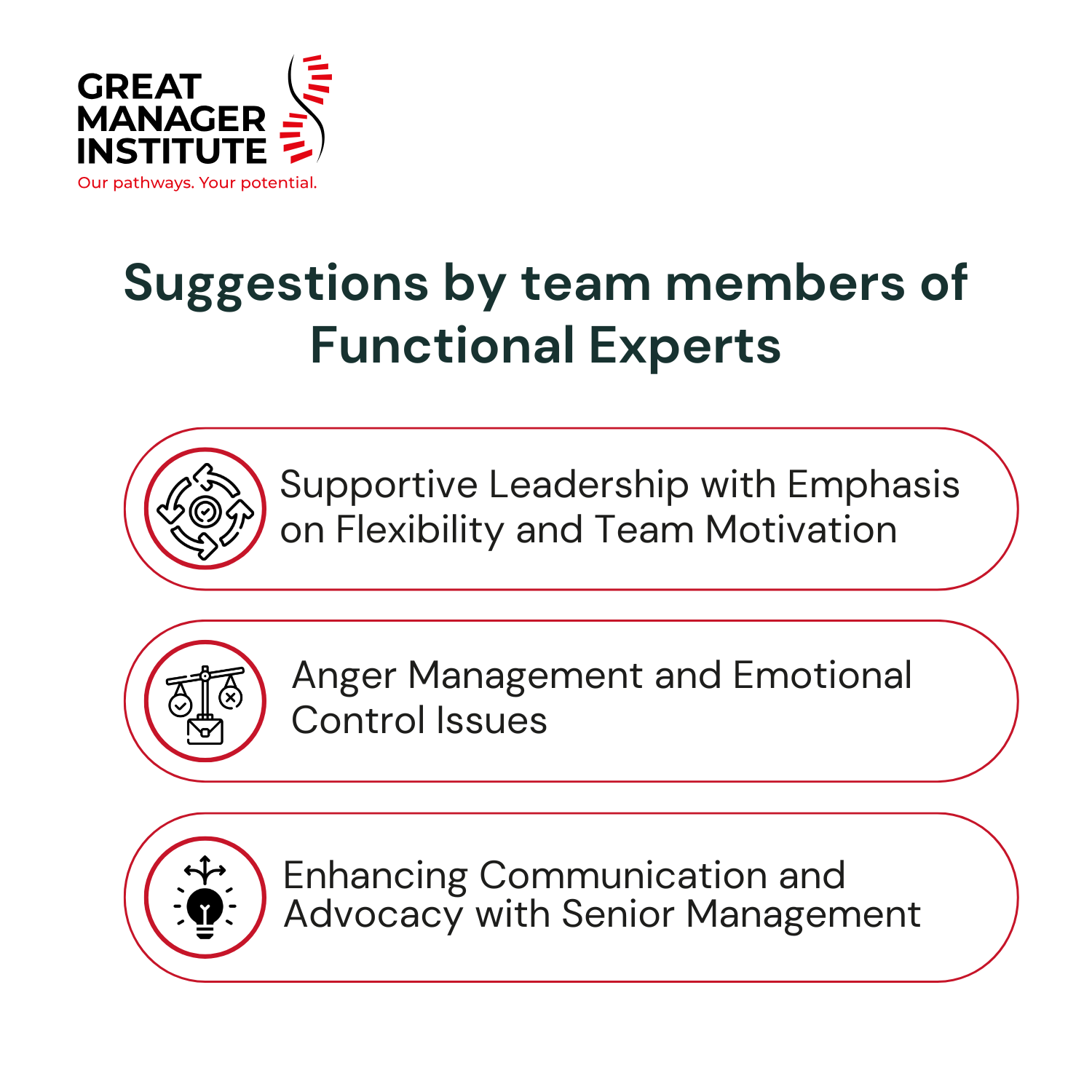Who is a People Manager, Really?
Let’s set the record straight—being a People Manager isn’t just about having “Manager” in your job title. In today’s evolving workplace, every professional who manages relationships to create meaningful business outcomes is, in fact, a People Manager.
Every role in an organization, no matter how specialized or technical, influences the others. From the functional expert to the technology manager, the salesperson to the lone contributor, everyone plays a part in shaping relationships that drive success. That’s why everyone, in one way or another, is a People Manager.
The Shift in Leadership Expectations
In the past, organizations often kept functional managers and people managers separate. The functional manager focused on results—skills, deliverables, and performance. On the other hand, the people manager concentrated on team dynamics, motivation, and well-being. However, today’s reality is different. To achieve great results, managers need to excel at both.
Whether it’s a software developer guiding a project or a salesperson managing client relationships, the ability to nurture those relationships and manage teams effectively is key to success. The truth is, without strong people management, even the most skilled teams can fall short.
Why Even Functional Experts Need People Management Skills
Our research, based on insights from over 100,000 managers, shows that people management directly impacts retention and performance. For example, a highly skilled functional expert who builds strong relationships with their team creates an environment of trust and commitment. This leads to higher retention rates and better overall performance.
Take customer-facing managers, for instance. When they demonstrate collaboration and emotional intelligence, they foster a stronger team culture, directly contributing to retention and team effectiveness. This highlights how people manager behavior sits at the heart of business KPIs.

Real-World Expectations from People Managers
When we asked thousands of employees about their expectations from their managers, the results were telling. Employees expect their managers to build strong relationships within the team and with key stakeholders, including senior leadership. These expectations are not just about task completion—they are about the interpersonal dynamics that shape the work environment.
Interestingly, our AI-powered models identified one of the most critical expectations: “Advocacy with senior management.” This shows that even technical experts are expected to act as people managers by advocating for their teams and fostering an open line of communication with senior leadership. It’s clear—no one is exempt from this responsibility.

The Tangible Impact of Effective People Managers
The role of a people manager goes far beyond team morale—it is directly linked to key organizational outcomes. In fact, our “State of Managers Report 2024” highlights some staggering statistics:
- Employee Retention: 71% of employees decide to stay or leave their organization based on their experience with their manager. Specifically, 51% choose to stay because of their manager’s effectiveness.
- Team Effectiveness: Teams led by effective people managers are 5 times more likely to stay with the organization compared to those led by ineffective managers.
- Leadership Development: Great managers groom future leaders. This creates a cascading effect, ensuring strong leadership across all levels of the organization.
These insights underscore the fact that people management is a crucial lever for organizational success.
The Bottom Line: Every Professional is a People Manager
The key takeaway for CEOs, CHROs, and organizational leaders is that focusing on developing people managers at all levels should be a top priority. It’s no longer enough to just develop senior leaders. Effective people management must be ingrained at every level of the organization.
Most importantly, the highest focus should be on managerial roles that traditionally weren’t associated with human resources. These are the roles that need a thorough assessment of people manager effectiveness. The shift from outdated leadership models to more inclusive, impact-driven leadership is essential. Whether it’s a senior executive or a manager of a small team, both need the tools, training, and support to excel as people managers.
The Great Manager Institute® Approach
At Great Manager Institute®, we specialize in building, nurturing, and recognizing people managers who can transform their organizations. Our approach combines cutting-edge tools and deep insights to help organizations invest in their managers effectively.
When you invest in people managers, you’re not just investing in individual performance. You’re investing in the future of your entire organization—its culture, its people, and its long-term success.
Because, at the end of the day, great people managers drive great business results.









